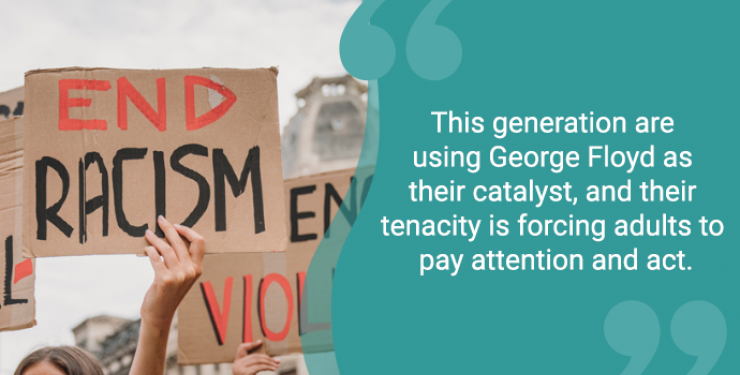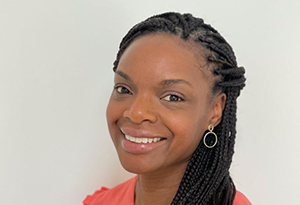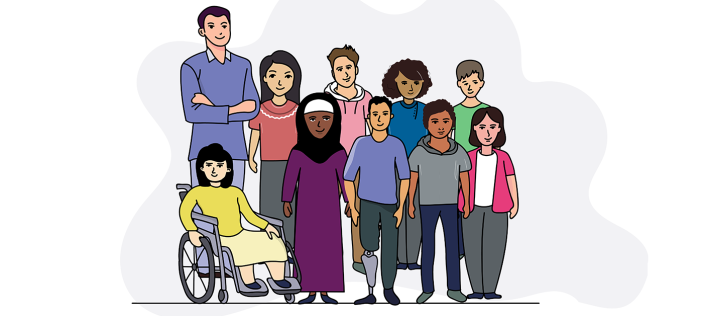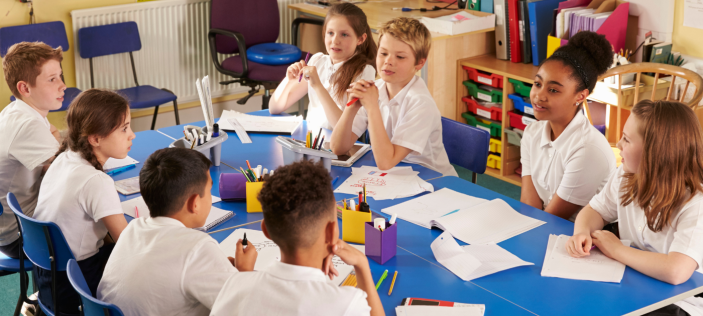
In all honesty, I have struggled to write this. I tried a few times and stopped. It might seem odd to you that it was hard for me to write about George Floyd’s murder.
I am not male. I am not an American. I have never been stopped or searched by the police. And yet, when I allow myself to think about George Floyd’s murder in May 2020, I feel my heart beginning to race. I start to swallow deeply. Suddenly, there is a shortness of breath.
It is with extreme sadness that I acknowledge this Memorial Day in honour of George Floyd. There was a huge outpouring in the weeks and months that followed his murder and the sharing of the video that provided unequivocal proof that a Black man could be murdered before our eyes in 2020 by a member of a police department. I didn’t watch the video. I could barely watch the news. But despite this, when I closed my eyes, I could see the vibrant vivid artwork that emerged in the days after his murder, and came to encapsulate a man, his death and then a movement.
My inability to watch the video relates to how George Floyd was dehumanised. It also reflects my unwillingness to engage too deeply with my raw emotions. I could not deal with the stories about him, his family that posited potential reasons for the killing. I drew a connection between his murder and the countless lifeless Black bodies strewn across human history which depict the world’s inhumanity. The atrocious racist mass murder in Buffalo, just over a week ago, is yet another painful reminder.
I felt fear. A distant concern collided with my current reality: that if you are Black, the colour of your skin could literally cause the end of your life. But my greater fear was that the protests, black squares on social media and speeches confirming this injustice, would fizzle out and nothing would change. I didn’t want to be caught up in what I initially perceived as a youthful idealistic hope and enthusiasm for change.
I hid my tears and turned away. I know that others did too. We had become our parents.
But something did change.
It started with young people. Their passion, use of social media pressure and agency; their hope and outrage. And then, the adults began listening.
Since then, there has been something of an awakening and a re-awakening. This generation are using George Floyd as their catalyst, and their tenacity is forcing adults to pay attention and act.
It seems to be tipping over from representation, bold statements, talk-shops and gestures into something more palpable. People aren’t just calling for action, they are demanding it. Those previously silenced in private shame about being the victims of racism have found ways to speak out and challenge for justice.
Sometimes these actions feel too small. They may not seem significant or fast enough. But finally, there is some momentum and some movement. Many schools are reviewing their curriculums, some countries too. There are library lists supporting schools to increase racial representation. Organisations are actively working on racial equity and policy revisions to ensure a more racially literate workforce. It feels like this generation have given us all a voice.
Moreso than at any other time in my life, people are asking questions, recognising their lack of knowledge and they are educating themselves. There is less antipathy and more willingness to engage in previously taboo conversations about the legacy of racial hierarchy, inequality, discrimination and racism.
I don’t think that I need to say, that we still have far to go. For me, that’s obvious. The Child Q case alone, should cloak us all in shame.
I cannot tell if the actions being taken now will lead to lasting change. I suppose that will be determined by how we choose to measure it, as well as how tightly we hold those in positions of power to account. But at least, for now, there is less inertia, less paralysis. These small acts will need to grow, the words in policies must be lived.
Certainly, the passionate, hopeful cry of youth has ignited a spark from embers of generations past. Let’s hope that some, if not all of this, will last.



